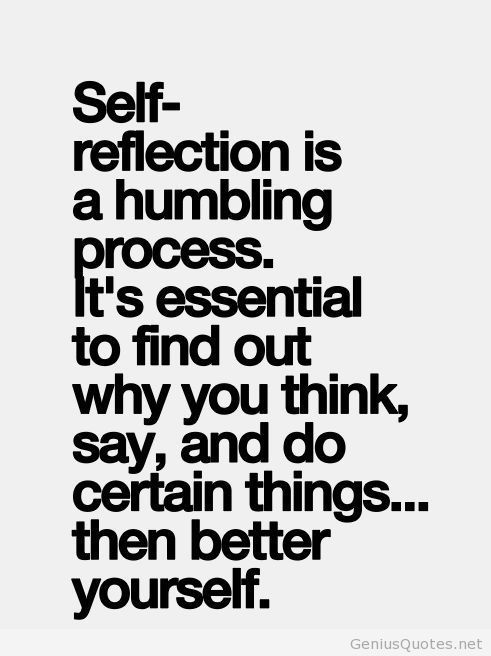

It then encourages us to focus on our feelings about the experience, both during it an after. Gibb's cycle contains six stages:Īs with other models, Gibb's begins with an outline of the experience being reflected on. It is one of the more complex models of reflection but it may be that you find having multiple stages of the process to guide you reassuring. The final model builds on the other three and adds more stages.

(1984) Experiential Learning: Experience as the Source of Learning and Development. They may touch something hot, be burned and be more cautious about touching something which could potentially hurt them in the future. This model is similar to one used by small children when learning basic concepts such as hot and cold. This demonstrates learning as a direct result of our experiences and reflections. The final stage involves us applying our new ideas to different situations. We then start to develop new ideas as a result, for example when something unexpected has happened we try to work out why this might be. The next stage involves us reflecting on the experience and noting anything about it which we haven't come across before. The model argues that we start with an experience - either a repeat of something that has happened before or something completely new to us. Based on theories about how people learn, this model centres on the concept of developing understanding through actual experiences and contains four key stages:

Kolb's model (1984) takes things a step further. (ed.) (2007) Practicing Clinical Supervision: A Reflective Approach for Healthcare Professionals. This is equally valid as an outcome and you should not worry if you can't think of something to change.īorton, T. Will we change a behavior, try something new or carry on as we are? It is important to remember that there may be no changes as the result of reflection and that we feel that we are doing everything as we should. We should then reflect on the experience by asking 'so what?' - what did we learn as a result of the experience? The final stage asks us to think about the action we will take as a result of this reflection. This gives us a clear idea of what we are dealing with. Firstly we should describe what the situation or experience was to set it in context. Driscoll based his model of the 3 What's on the key questions asked by Terry Borton in the 1970s:īy asking ourselves these three simple questions we can begin to analyse and learn from our experiences. Another simple model was developed by Driscoll in the mid-1990s.


 0 kommentar(er)
0 kommentar(er)
